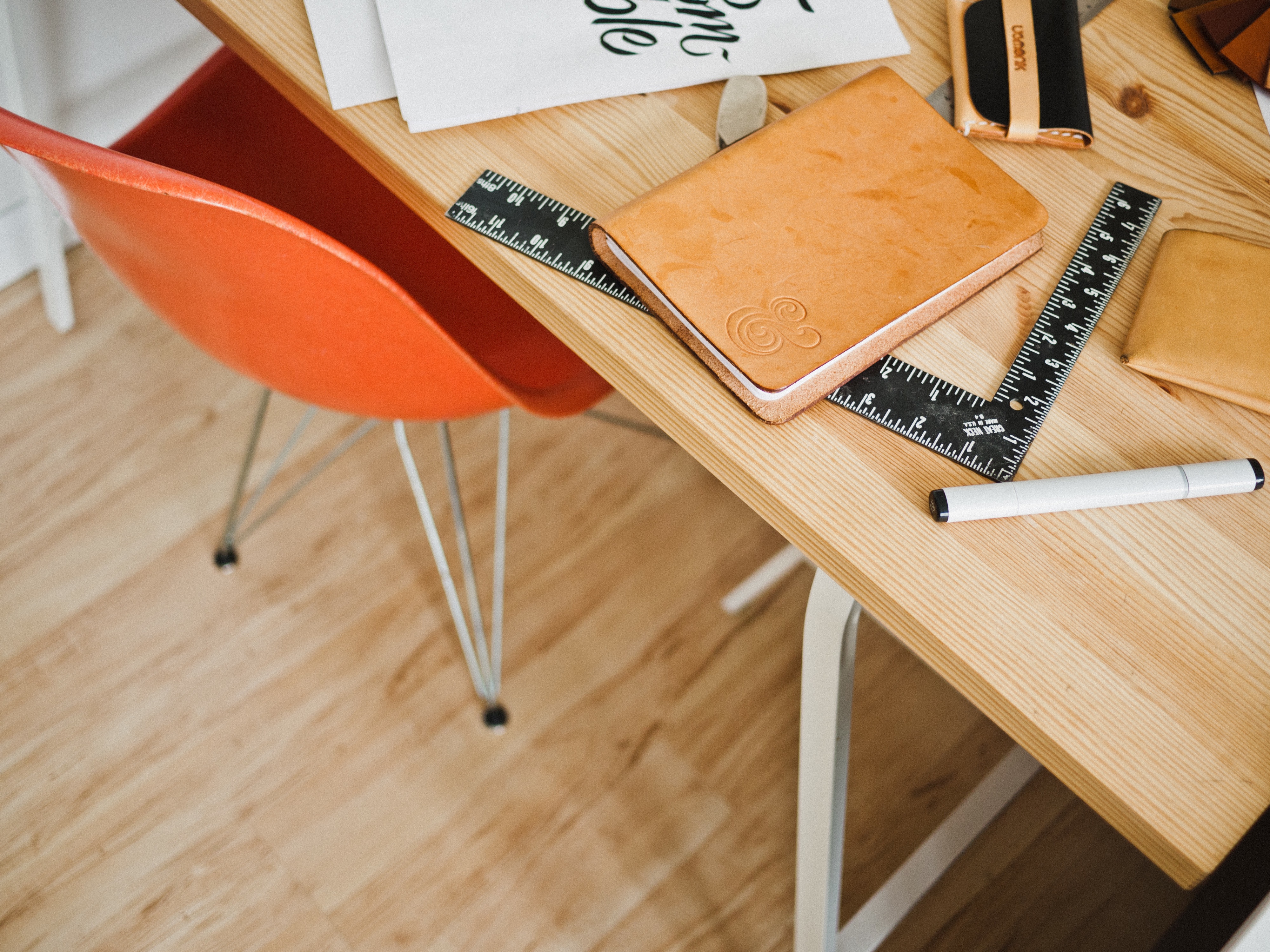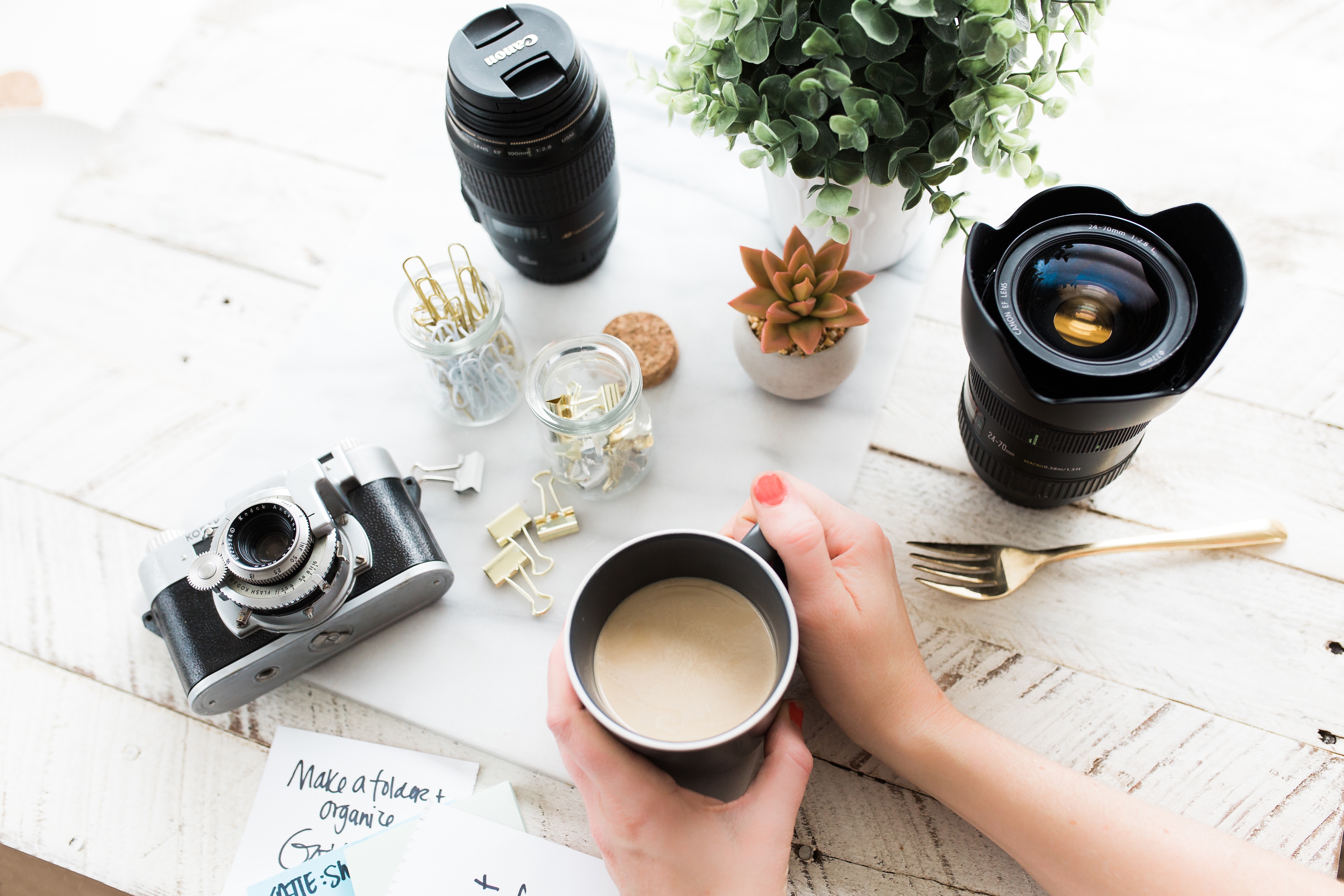Your Self-Consciousness Is Killing Your Creativity
“Never be bullied into silence. Never allow yourself to be made a victim. Accept no one’s definition of your life, but define yourself.”― Harvey Fierstein
Self-consciousness is the enemy of all creative expressions. The human race’s creative power is distributed in all of us, not concentrated in selected few.
Every object or product you know today, however old or new, however simple or sophisticated, holds the stories of thousands of people who were bold enough to share with the rest of us. And courageous enough to launch no matter their imperfections.
Creation is a process and it gets better with time and iteration. The most creative among us have mastered their crafts. They have developed their skills over a long period of time to be better and remarkable at what they do.
You can be as creative as you want if you allow yourself enough time, focus and commitment to master what drives you or makes you come alive. Unfortunately many people have chosen to deny us their gifts because they lack confidence and are too critical of themselves. They can’t help but worry about everything wrong with what they intend to launch, start, do or create.

They can’t express themselves because of self-consciousness and the fear of how things will turn out. They have placed limitations on what they can do and have therefore chosen to lead mediocre lives. Life without fulfillment and meaning. “You’re always with yourself, so you might as well enjoy the company.” says Diane Von Furstenberg.
“As long as you look for someone else to validate who you are by seeking their approval, you are setting yourself up for disaster. You have to be whole and complete in yourself. No one can give you that. You have to know who you are — what others say is irrelevant.”― Nic Sheff
The best gift you can share with your audience, no matter how small is your authentic self. Your imperfection is the source of your character and creative powers. It’s who you are, the best parts, not perfect, not trying — just yourself. And you should be proud and bold enough to express yourself without fear of failure or being criticised.
Failure is only a form of feedback.
The moment you begin to worry about the worth of your creative expression and how it will be received it becomes stilted, forced, and fake. Self-consciousness kills the magic in any form of creative expression and it gets worse with time if you don’t do something about it. Mark Twain once said “The worst loneliness is to not be comfortable with yourself.”
Create for yourself first!
You should be your number one fan. Do whatever you need to do even if you think others won’t like it. That frees you from the desire to please your audience and everyone else who will see your work. You will create something original, unique to you and honest enough to share with your audience. Ignore those judgmental voices hissing and whispering over your shoulder.
“Why should we worry about what others think of us, do we have more confidence in their opinions than we do our own?”― Brigham Young
You don’t have to be right when you start any creative project. The only thing that matters is that you show up everyday and just do what matters to you. For every piece of creative product you have seen, there are thousands of false starts and questions. You can only become comfortable and trust your work if you focus on getting it done, launching it and improving it with time. Practice can’t make you any worse! It can only make you better.

See your first creative work as an experiment. Deliberately do things in a way that keep you from thinking about how people will react to it when it’s done. Stephen King wrote about writing his first draft with the door closed (metaphorically) and later drafts with it open.
You want to bring up whatever’s inside you and in a way that encourages it to come out instead of entertaining thoughts that limit what you can do. Give yourself the freedom to create.
Separate ‘creating’ and ‘analysing’
Both aspects of the creative process are extremely useful but different. Don’t analyse everything you do as you create. Just concentrate on finishing your first iteration without worrying about the quality or final product. You can always come back to it.
Leonardo da Vinci is believed to have worked on the famous Mona Lisa painting between 1503 and 1517. ‘You don’t have to be great to start, but you have to start to be great’ says Zig Ziglar. The goal is to keep moving forward once you start. Unlike Leonardo, you may have to show your work to get feedback and improve. But where necessary seek feedback to improve as you create.
Trying and failing is better than never trying at all.
This article originally appeared on Inc.
READ NEXT: How To Stop Comparing Yourself to Others and Start Thriving
Shine is supported by members like you. When you buy through links on our site, we may earn an affiliate commission. See our affiliate disclosure for more info.

